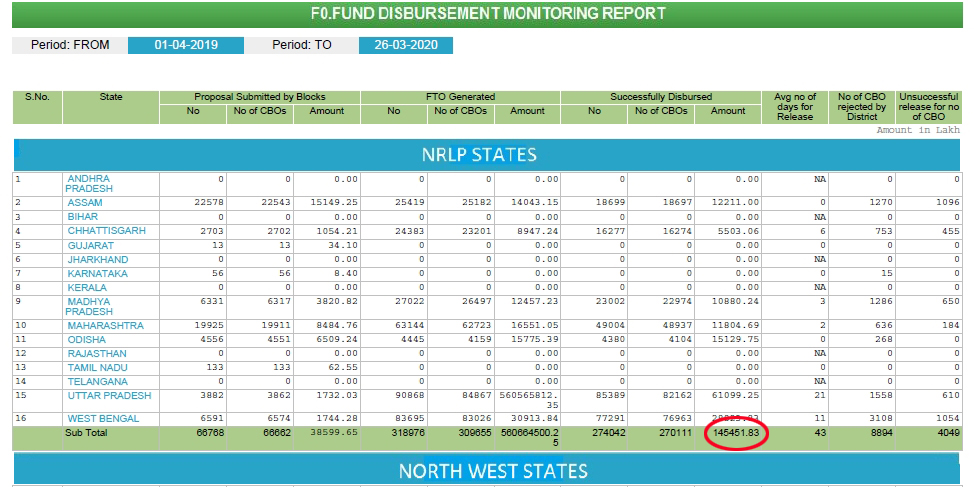amazon.com/World-John-Bir…
*Francis Gary Powers did not deliberately fly his U2 into Russian airspace in order to be shot down.*
And (my fave): *in 1963, there were not a hundred thousand UN soldiers, including 16,000 African cannibal mercenaries, training under Russian command in the swamps of Georgia.*
In the span of a few years, Robert Welch Jr. took the John Birch Society from 12 dudes in a room to 4,000 chapters & a peak membership of 100,000 people.
And how did he fail, so we don’t?
amazon.com/Before-Storm-G…
That is how Republicans felt in 1952.
Born to wealth and privilege in 1925, Buckley got into the Ivy League late owing to his (stateside) WWII service.
Robert Welch invested $1000 in it (around $9680 in 2019 dollars). He would invest another $1000 two years later ($9200 in 2019 dollars).
That'd be the JBS.
Robert Welch: “Hey Bill, remember the anticommunist book I wrote you said was bunk”
WFB: “…uh-huh”
RW. “Off the record”
WFB. “Uh-oh”
WFB. “Um”
RW. “to go along with my conservative magazine”
WFB. “Wait what”
RW. “Yeah, got a bunch of folks who are or were with NATIONAL REVIEW on the editorial board"
WFB. “Sonofabitch”
WFB. *sound of gnashing teeth*
You can immediately see the potential for a crabs in the barrel situation.
That’s genuine popularity. So what happened?
This legend is kind of bunk.
Political extremists -- including some notable ones -- who joined the John Birch Society usually found it disappointing & left in search of something else.
(A short break now; details in a bit.)
The three big things that led up to the JBS being read out of movement conservatism were 1) critical press coverage, 2) a public scandal about Bircher influence called the Walker Affair, and 3) subsequent federal and state investigations.
Yes, that’s right: the first shiv in the John Birch Society came as a result of *anti-communist infighting.*
In April, the Walker Affair broke.
JOURNOS. “He's with the John Birch Society”
NORMIES. “I dunno, I’m not seeing any proof —”
ROBERT WELCH. “WALKER'S SUBSCRIBED TO OUR MAG FOR 3 YRS”
NORMIES. “…”
WALKER. “…”
RW. “WE SENT HIM STUFF FOR SPECIAL PROJECTS”
ROBERT WELCH, trying to walk it back a little. “Uh Walker… Walker… Walker’s subordinate who ran the anti-communist program never heard of us!”
WALKER. “Sonofabitch”
WALKER. “I resign in protest”
ME. “What”
WALKER. “This will allow me to speak freely and enter politics”
WELCH. “Fantastic”
ME. “Oh you fucking morons”
ME. “So, uh, Robert Welch, journos are calling your group a fascist conspiracy, digging into everything you do”
ROBERT WELCH. “I know, I’ll give every daily & weekly newspaper in America a free subscription to our BULLETIN”
ME. “Wait what”
ME. “sweet Jesus”
As Mulloy aptly notes, “Welch… seemed to believe that all that was really necessary for the communist advance to be stopped (or Earl Warren to be impeached) was for people to read the right books.”
Barry Goldwater declined to dance to WFB’s tune, for four reasons.
2) He respected the regular members, whose concerns had long been neglected by the party.
3) He needed the enthusiastic Bircher chapters for campaigning.
And finally:
(Barry Goldwater did not always have the best political judgment, is what I’m getting at here)
And then they had the hearings, and General Walker muffed it.
maryferrell.org/showDoc.html?d…
Not only did the JBS not gain what they'd hoped to gain, they'd lost what they'd previously had.
Not only did Walker do all that as the JBS’s fair-haired boy, he did it *while running for governor of Texas.*
That’s how the Walker Affair went over 2 yrs: a simmering stewpot full of turds, it eventually blew up all over the kitchen.
If the conservatives had disliked the Birchers before, they absolutely *detested* them now.
I honestly think that's where a lot of the JFK conspiracy theory stuff came from.
americanrhetoric.com/speeches/earlw…
The JBS office in Phoenix was shot up by a man with a .357 magnum; no one was hurt and he did only ten days in jail.
For their part, the John Birch Society’s response to JFK’s assassination wasn’t exactly coherent.
ME. “Not wrong!”
JBS. “The assassination was a commie plot to false-flag anticommunists, foiled when Oswald was arrested too quickly and the press found out his communist background”
ME. “Wait what”
They used YR, Buckley’s YAF, and everything else conservative networks had been doing for the past decade to secure the Republican nomination for Goldwater.
Holding the JBS at arms’ length had done nothing. Trying to discipline them had done nothing. Running their ideal candidate had done nothing.
The JBS brought a lot of grief and delivered no value.
In 1964, the ADL released the DANGER ON THE RIGHT: THE ATTITUDES, PERSONNEL, AND INFLUENCES OF THE RADICAL RIGHT AND EXTREME CONSERVATIVES.
You can kind of tell the tenor by the title, right?
The new American Conservative Union allowed Birchers to be members but not officers, directors, or advisors.
(Its goal: 150K members. Actually achieved: 38K.)
And then, finally, NATIONAL REVIEW read the Birchers out...
... in the issue for 19 October 1965.
He tried to get somebody else to lead it, then tried to split the difference, and then — after everybody else had made it a safe position — read out the Birchers & took credit for their expungement.
Except, you know, it didn’t.
Because *the Birchers still had around a hundred thousand members.*
No: after all of that, it was was *1967 and 1968* that saw people leave the John Birch Society in droves. That’s when a full third of the membership walked out.
And why?
And then their kook proved that everybody who said they were following a kook was right.
It failed because *Robert Welch was kind of fucking crazy.*
amazon.com/World-John-Bir…





